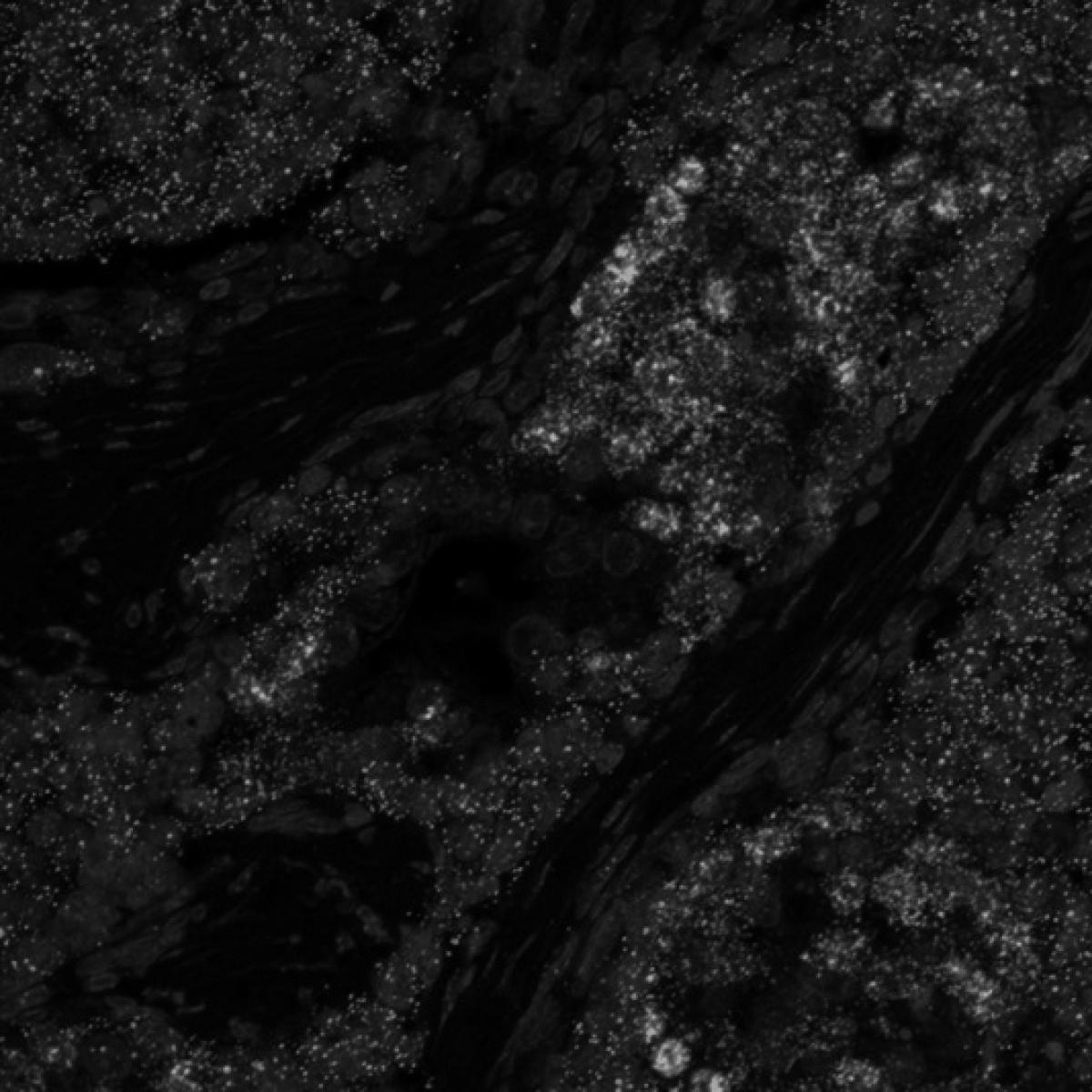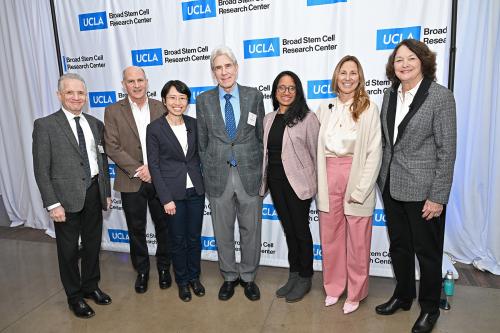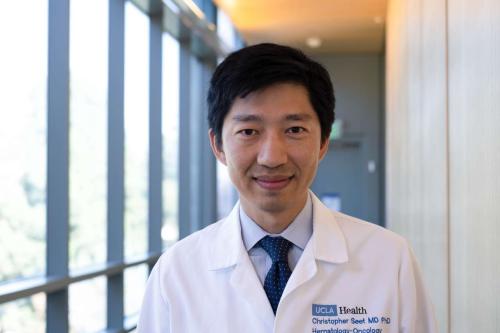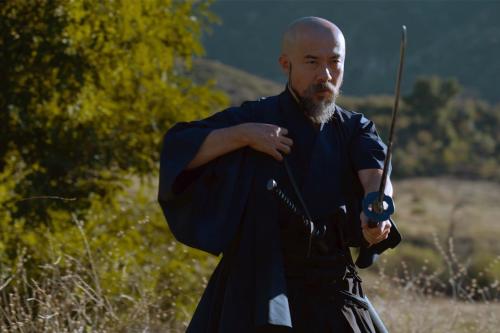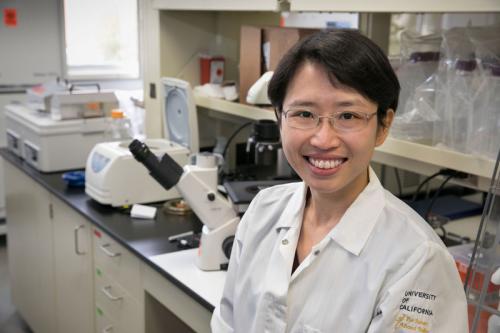
Yvonne Y. Chen, Ph.D.
- Professor, Microbiology, Immunology and Molecular Genetics
- Co-Director, Tumor Immunology and Immunotherapy, UCLA Health Jonsson Comprehensive Cancer Center

Yvonne Chen, Ph.D., applies biomolecular engineering and synthetic biology principles to advance the development of next-generation adoptive CAR-T cell therapies for cancer. She seeks to enhance the safety, efficacy and applicability of these immunotherapy approaches across a wide range of cancer types.
Adoptive T-cell immunotherapy is the process of engineering a patient’s own T cells to fight cancer. This is achieved by equipping these T cells with a cancer-recognizing receptor, known as a chimeric antigen receptor, or CAR. The modified T cells are then returned to the patient’s body as a targeted therapy. While this therapeutic approach has ushered in a new era of cancer treatment, there are instances where cancer cells evade this therapy by eliminating the particular antigen that the T cells are designed to target.
In Chen’s next-generation CAR-T cell therapy approach, the CARs are engineered to recognize two different antigens found on the surface of cancer cells. This equips the CAR-T cells to launch a bilateral attack, meaning a tumor would have to lose both of the target antigens to successfully escape, making it much more difficult for the tumor to evade therapy.
By simultaneously attacking two targets, the cells engineered using Chen’s approach are able to achieve a much more robust defense compared to conventional, single-target CAR-T cells. This technology is being evaluated in a first-in-human clinical trial for patients with relapsed or treatment-resistant non-Hodgkin’s B-cell lymphoma co-led by Chen and Sarah Larson, M.D. Early results from this trial found that the new approach minimized treatment resistance and resulted in long-lasting remission. While this therapy continues its path to the clinic, Chen is working to develop dual target CAR-T cell therapies for patients with multiple myeloma and glioblastoma.
Chen has been an active participant in numerous STEM outreach programs both within and outside UCLA, and is committed to training the next generation of researchers in science and medicine.
Research Projects
- Engineering smarter and stronger CAR-T cells with reduced toxicity to improve safety and efficacy for cancer immunotherapy
- Leading a first-in-human clinical trial of a bi-specific CAR-T cell therapy to treat non-Hodgkin’s B-cell lymphoma
- Developing dual target CAR-T cells for use in immunotherapies for multiple myeloma and glioblastoma
- Understanding — at a molecular level — how to engineer functionally robust cell-based therapies for cancer
-
Post-doctoral Fellowships
- Systems Biology, Harvard Medical School, 2013
- Immunology, Seattle Children’s Research Institute, 2011
Degree
- Ph.D., Chemical Engineering/Synthetic Biology, California Institute of Technology, 2010
-
